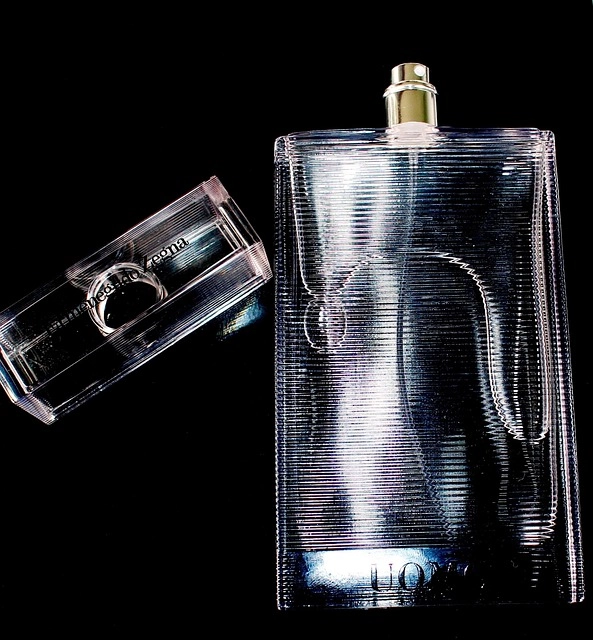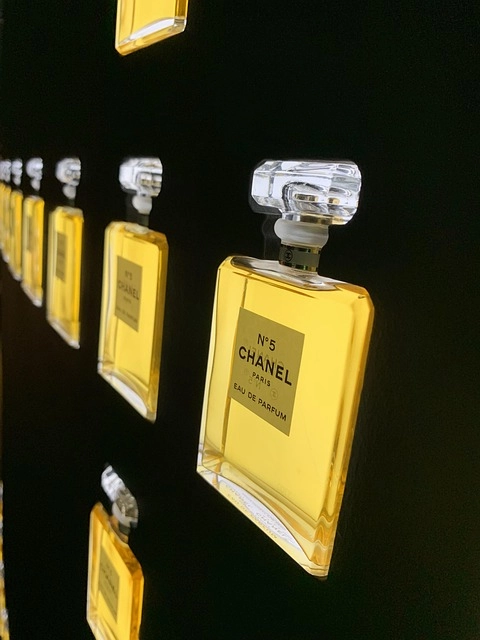Clinique Perfume has established a unique position in the market by offering both accessible and luxury cologne collections. Targeting health-conscious consumers, they use natural ingredients and create fresh, minimal scents. Their dual strategy caters to mainstream and niche preferences, balancing inclusivity with exclusivity. By focusing on quality and storytelling, Clinique Cologne stands out for its refined, everyday wear fragrances.
“Unveiling the allure of Clinique Perfumes: Niche Luxury or Mainstream Appeal? This comprehensive analysis delves into the brand’s unique positioning in the competitive fragrance market. We explore how Clinique navigates between luxury and mass-market trends, targeting specific demographics with tailored scents.
From understanding consumer behavior to deciphering the industry’s segmentation, this article provides insights into the factors that make Clinique fragrances stand out. Discover the key attributes that have solidified its place in the perfume landscape.”
- Understanding Clinique's Target Market
- Luxury vs. Mass Market Trends
- Analyzing Perfume Industry Segmentation
- Unique Selling Points of Clinique Fragrances
- Consumer Behavior and Brand Perception
Understanding Clinique's Target Market

Clinique, a renowned skincare and cosmetic brand, has established itself as a go-to for those seeking high-quality, effective products with a focus on freshness and innovation. When it comes to their perfume offerings, Clinique targets a specific demographic—individuals who appreciate luxurious yet accessible scents. This strategy positions them within the niche luxury market, appealing to customers who desire unique fragrances that reflect their personal style.
The brand’s target market for its perfumes is often characterized by environmentally and health-conscious consumers. These individuals are drawn to Clinique’s commitment to using safe, gentle ingredients without harsh chemicals or artificial fragrances. The appeal of a Clinique perfume, including their signature Clinique Cologne offerings, lies in the balance between luxury and inclusivity, making it appealing to a broader audience within the niche market.
Luxury vs. Mass Market Trends

In the realm of perfumes, the distinction between luxury and mass market trends is a fascinating dynamic. While the mass market often caters to broader appeal with affordable pricing, luxury fragrances carve out a niche by focusing on exclusivity, craftsmanship, and high-quality ingredients. Clinique Perfume, for instance, has traditionally positioned itself as a mass market brand, offering products that are accessible and designed for everyday use. This strategy has helped them build a loyal customer base among folks who appreciate quality without breaking the bank.
In contrast, Clinique Cologne, or luxury variations within the Clinique range, might embrace a different trajectory. These offerings could emphasize artisanal techniques, rare notes, and limited editions, elevating the olfactory experience to a higher level. Such niche products cater to connoisseurs who value uniqueness and exclusivity in their fragrances, setting them apart from the bustling mass market trends.
Analyzing Perfume Industry Segmentation

The perfume industry is a diverse landscape, often described through segmentation based on various factors. One prominent segment revolves around luxury fragrances, catering to high-end consumers seeking unique and exclusive scents. However, alongside this niche market, there’s a growing demand for mainstream perfumes that offer accessibility and affordability without compromising quality.
Clinique, a renowned skincare brand, has successfully navigated this industry by introducing both luxury and mainstream offerings. Their iconic Clinique Cologne lines target the mainstream market, appealing to a broader audience with fresh and invigorating scents. In contrast, their more exclusive perfume collections delve into intricate fragrances, catering to those who appreciate unique, sophisticated aromas. This dual approach allows Clinique to cater to diverse consumer preferences while maintaining its brand identity in the competitive perfume sector.
Unique Selling Points of Clinique Fragrances

Clinique fragrances stand out for their unique blend of sophistication and simplicity, catering to a niche market that appreciates both luxury and minimalism. What sets them apart is their commitment to using high-quality, natural ingredients, with an emphasis on skin-friendly formulas that are free from harsh chemicals. Each scent tells a story, crafted to evoke a sense of tranquility and elegance without being overpowering. The brand’s signature notes often include fresh citrus, vibrant florals, and subtle woody undertones, creating a harmonious balance that resonates with discerning noses.
In the realm of Clinique colognes, the focus on clean, fresh fragrances continues, offering an alternative to traditional heavy perfumes. These scents are designed for everyday wear, enhancing natural radiance without dominating the wearer’s presence. Whether it’s a invigorating citrus blend or a delicate floral-green composition, Clinique colognes capture the essence of modern luxury, appealing to those who seek a refined yet understated aroma that complements their active lifestyles.
Consumer Behavior and Brand Perception

Consumer behavior plays a pivotal role in shaping the success of any product release, especially within the realm of luxury brands. When it comes to niche perfumes like Clinique Perfume, consumer perception is equally important. Many consumers seek out unique fragrances that reflect their personal style and values. These scents often command a premium price point due to their exclusivity and high-quality ingredients.
Brand image and positioning are key factors in this scenario. Clinique, for instance, has established itself as a brand that offers not just luxury but also a sense of community and inclusivity. Their perfumes, like the Clinique Cologne range, cater to those who appreciate both quality and accessibility. By understanding consumer behavior and preferences, brands can create products that resonate with their target audience, ensuring mainstream appeal while maintaining a sense of exclusivity.






